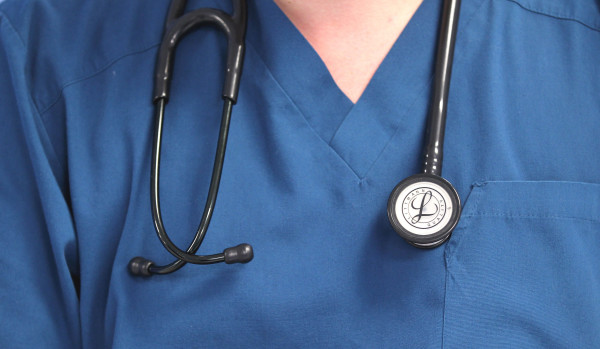

Nearly 40 per cent of the NHS staff who breached their annual allowance in 2018/19 turned to scheme pays to help them foot the bill, Quilter said, as it warned of a legacy of allowance issues for many doctors.
Figures obtained by Quilter showed that in 2018/19 13,548 members exceeded the annual allowance, with 5,115 (38 per cent) electing for scheme pays to help them pay the bill.
This compared with 22,428 breaching the allowance in 2011/12, but only 776 (3.5 per cent) turning to scheme pays for help.
Scheme pays allows savers to settle annual allowance tax charges through their pension scheme without needing to find cash upfront.
While the Budget 2020 lifted the ‘adjusted income’ and ‘threshold income’ levels under the tapered annual allowance by £90,000 for the 2020/21 tax year, there is still a legacy of annual allowance issues for many doctors, Quilter said.
It said the number of NHS staff who breached the standard annual allowance had dropped to 7,576 in the 2019/20 tax year, from a peak of 24,126 in 2016/17, but this was due to a lag in reporting rather than fewer people breaching the allowance.
According to the firm, once records are updated this figure will increase significantly.
In December, Quilter called for the scheme pays deadlines to be extended and the rules to be amended so members can make retrospective NHS Scheme Pays elections within the same four-year time period that is available for those who are able to make amendments to existing elections.
Last week, the NHS Business Services Authority confirmed the voluntary scheme pays deadline for the 2019/20 tax year has been extended from July 31, 2021 to March 31, 2022 in order to support frontline workers deal with the ongoing impact of Covid-19.
But Quilter said there was still a concern that a number of members may not find out their 2019/20 annual allowance liability until after the March 31 deadline.
Currently, only 2,077 have elected for scheme pays, even though 7,576 have so far exceeded the standard allowance.
Graham Crossley, NHS pension specialist at Quilter, said pension tax issues were still having an impact and more needed to be done to support senior clinicians.
Crossley said: “Significant numbers of doctors are only just finding out that they have annual allowance liabilities for historic tax years due to a lag in reporting. As the NHS Scheme Pays deadline has passed for these tax years, doctors have to pay these liabilities themselves and take on significant debts to do so.
“Despite the deadline for doctors to apply for 2019/20 scheme pays having been extended, it is still important that doctors who think they might have exceeded the annual allowance seek financial advice so that the best course of action can be agreed.
“I am surprised to see only 2,000 people having applied for scheme pays at present and expect there to be thousands of staff who would benefit from applying for scheme pays so they can latterly apply for the NHS Annual Allowance compensation scheme.”
Crossley said an “easy fix” would be to introduce a four-year timeframe for scheme pays election to give NHS workers “ample time to find out about any liabilities and organise their finances in a way that means they are not penalised in this way”.
NHS Pensions offers both mandatory and voluntary scheme pays facilities. Mandatory scheme pays is only available if the growth in the members’ pension benefits is more than the standard annual allowance.
The taper issue
The tapered annual allowance gradually reduces the allowance for those on high incomes, meaning they are more likely to suffer an annual tax charge on contributions and a lifetime allowance tax charge on their benefits.
The rules have forced senior clinicians and other high earning public sector workers to either leave their pension scheme, cut down on their working hours or retire early to avoid punitive tax bills.
Doctors who are taking on extra shifts due to the current pandemic are at risk of being hit with large tax bills because of continuing issues with this charge.
amy.austin@ft.com
What do you think about the issues raised by this story? Email us on FTAletters@ft.com to let us know



